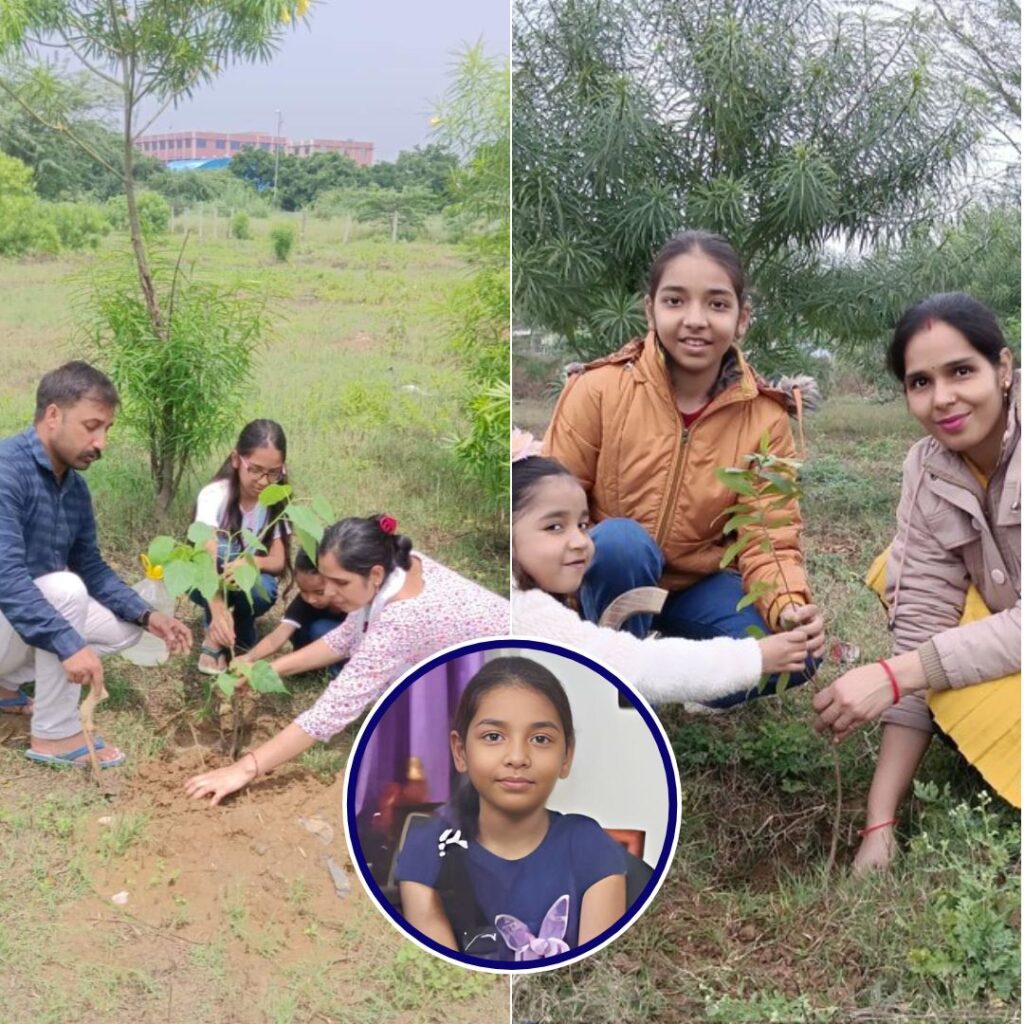Owing to the economic turbulence triggered by the COVID-19 pandemic, around 150 to 175 million more people will fall into extreme poverty, according to the United Nations’ Special Rapporteur on extreme poverty and human rights, Olivier De Schutter.
Schutter told the UN General Assembly Third Committee (Social, Humanitarian and Cultural) on Wednesday, October 21, made the statement as the delegates raised concerns about the pandemic’s impact on the most vulnerable groups across the world, reported The New Indian Express.
📰🗞️🌏 PRESS CONFERENCE NOW @DeSchutterO 👇https://t.co/O9VrozhRai
— UN Special Rapporteur on poverty and human rights (@srpoverty) October 21, 2020
‘We must rethink our development model,’ De Schutter said, adding that most of those who will fall into extreme poverty will be workers belonging to the informal sector or in precarious employment conditions, mostly women.
In order to emerge from the worst crisis since the 1929 Great Depression, ‘We cannot count, as we did in the 20th century, on economic growth as usual,’ he added.
Schutter was one of the five independent experts participating in virtual dialogues with delegates, covering issues ranging from extreme poverty, internal displacement, human rights, education, safe drinking water, and adequate housing.
📢 Watch @DeSchutterO presenting our new report on the #JustTransition starting momentarily👇👇👇 https://t.co/xzY6kjBwbU https://t.co/4L4qH0mS1m
— Paula Fernandez-Wulff (@PaulaFWulff) October 21, 2020
The panel took into consideration the symbiotic relationship between conflict and climate change. It said that environmental sustainability and social justice must be considered prerequisites for shaping the economic recovery that countries envision.
Cecilia Jimenez-Damary, Special Rapporteur on the human rights of internally displaced persons, said the intersecting risks of climate change and armed conflict can push people into displacement. She stressed how climate change has led to the onset of sea-level rise, desertification, glacial retreat, and flood which can have disastrous consequences.
Most affected will be people whose livelihoods depend heavily on ecosystems include indigenous peoples, farmers, herders, pastoralists, and fisherfolk.
Also Read: Ghaziabad Municipal Corporation’s Dust Bags Collect 75,000 Kg Of Dust To Tackle Air Pollution













